Issue 15 Flipbook
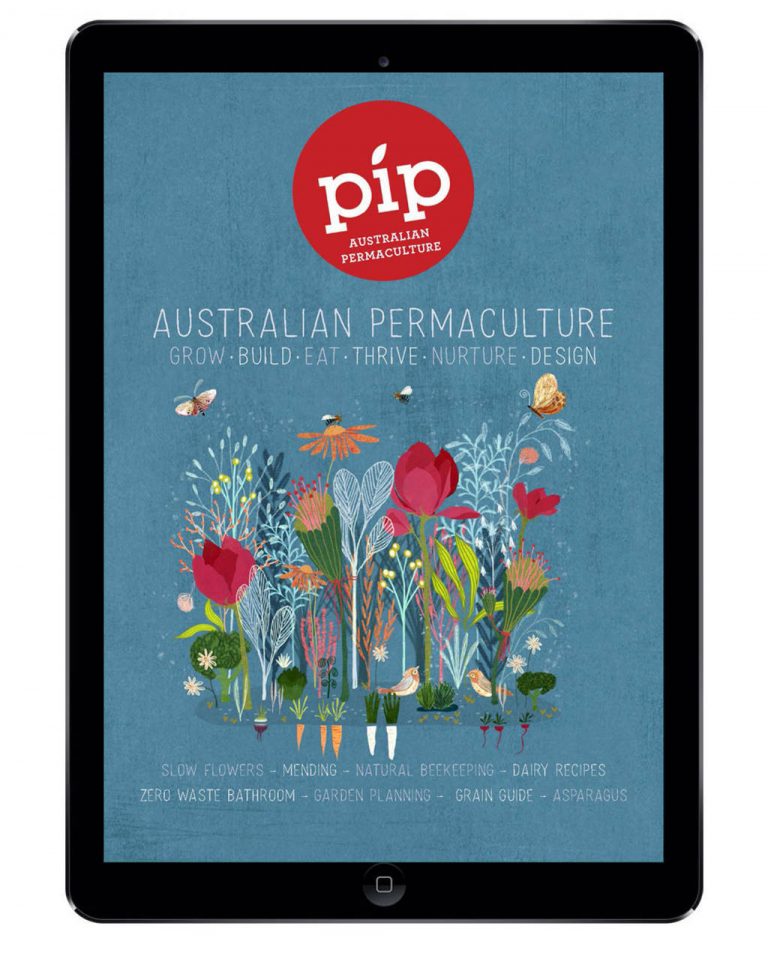
Read issue 15 as a flipbook

Read issue 15 as a flipbook

After his stint on River Cottage Australia in the rolling hills of Tilba in South Coast NSW, Paul West moved to the city. His latest book shares his love of growing food and preparing it for friends and family, all in an urban setting.
West wants this book to inspire readers by sharing the beauty and satisfaction of growing your own food and serving up delicious dishes with fresh produce picked straight from your own backyard.
Divided into three parts – grow, cook and community – there’s lots of information about growing food in small spaces, preparing it into delicious fresh dishes and sharing the process with friends and family.
Beautifully designed and illustrated, this book is sure to inspire many to give gardening a go.
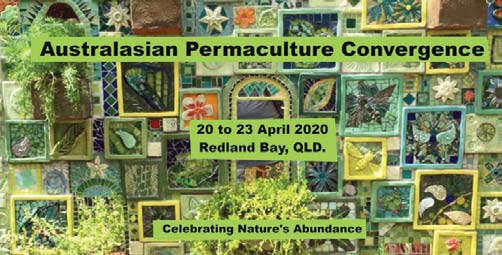
The next Australian Permaculture Convergence is being organised by Northey Street City Farm in Brisbane’s Windsor. The Convergence will kick off with a permaculture festival on Sunday, 19 April that will run in conjunction with Northey Street’s bustling organic market. The festival will showcase community gardens from around the region, sustainable living in cities, and you can visit Northey Street’s established permaculture garden. The four-day convergence to follow, held in Redland Bay, will include a full program of speakers, workshops, presentations and awards. The exciting array of keynote speakers already includes Starhawk, Stuart Andrews and Robin Frances. Accommodation and camping available at the PGL Kindilan site.
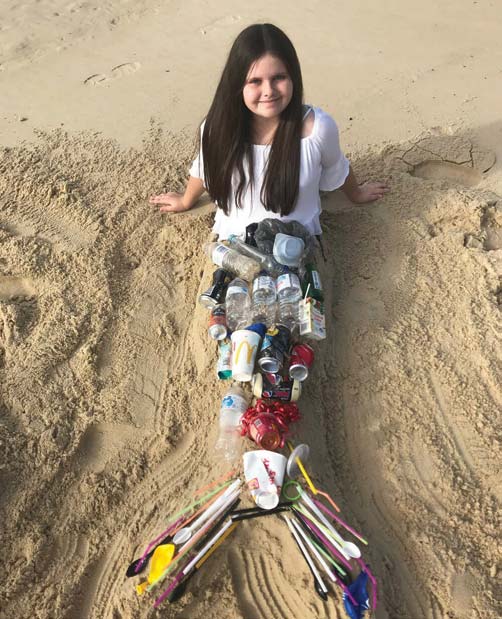

Plastic pollution and old fishing lines are a serious problem for sea life, so when 12-year-old Shalise Leesfield learned it was killing thousands of sea animals each year, she set out on a crusade to clean up local beaches and save lives.
‘Two years ago, I started noticing a lot of rubbish around our waterways, especially old fishing line. I was always finding large clumps of it scattered all over the sand. When I found out how bad forgotten fishing line and plastic pollution can be for the marine animals, it made me really upset,’ says Shalise.
‘Fishing line is one of the most harmful forms of marine pollution because it’s strong and invisible in the water. A lot of marine animals can’t see it and get tangled in it. Fishing line can take up to 600 years to break down. Sea turtles, marine mammals and even sea birds can be severely injured or die from entanglement in forgotten line.’
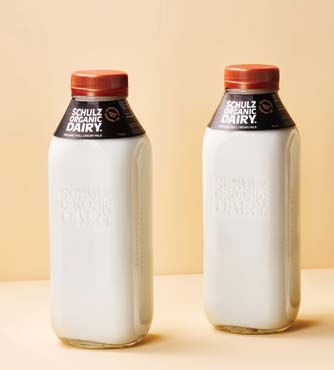

Finally! We have milk being sold in reusable glass bottles. Milk from Shulz Organic Dairy is available from selected retailers and farmers’ markets across VIC, NSW, SA, WA and TAS. The full list of stockists can be found on their website.
The full-cream non-homogenised organic milk comes in onelitre glass bottles that have a $2 refundable deposit. Bottles can be returned to any retailer or farmers’ market stall where they are bought. Shulz did extensive research on the glass bottles and lid type, and estimates that 120 kg of plastic will be saved per week thanks to their 3000 glass bottles.
www.schulzorganicdairy.com.au
$6 (includes $2 refund on return of the bottle)
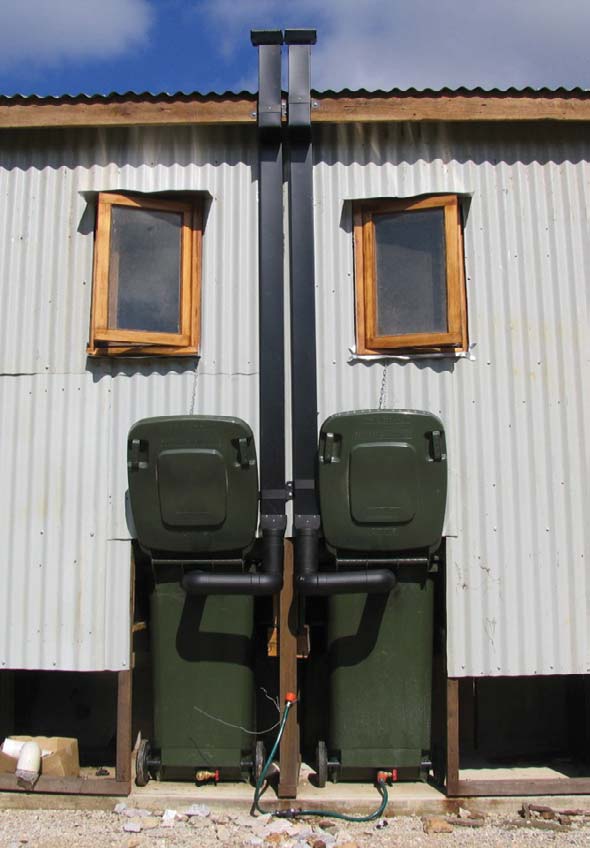

Composting toilets are natural, self-regulating waste treatment systems. They use no water, no chemicals and produce no polluting discharge. The design of a composting toilet allows for a simple and odourless decomposition, resulting in nutrient-rich compost.
Composting toilets look like any regular toilet and are increasingly replacing the typical flush toilet in homes. By using a composting toilet, homeowners save on water consumption (on average 35,000 litres a year!), return valuable nutrients to their soil, keep waste management on-site, reduce dependency on services and increase self-sufficiency.
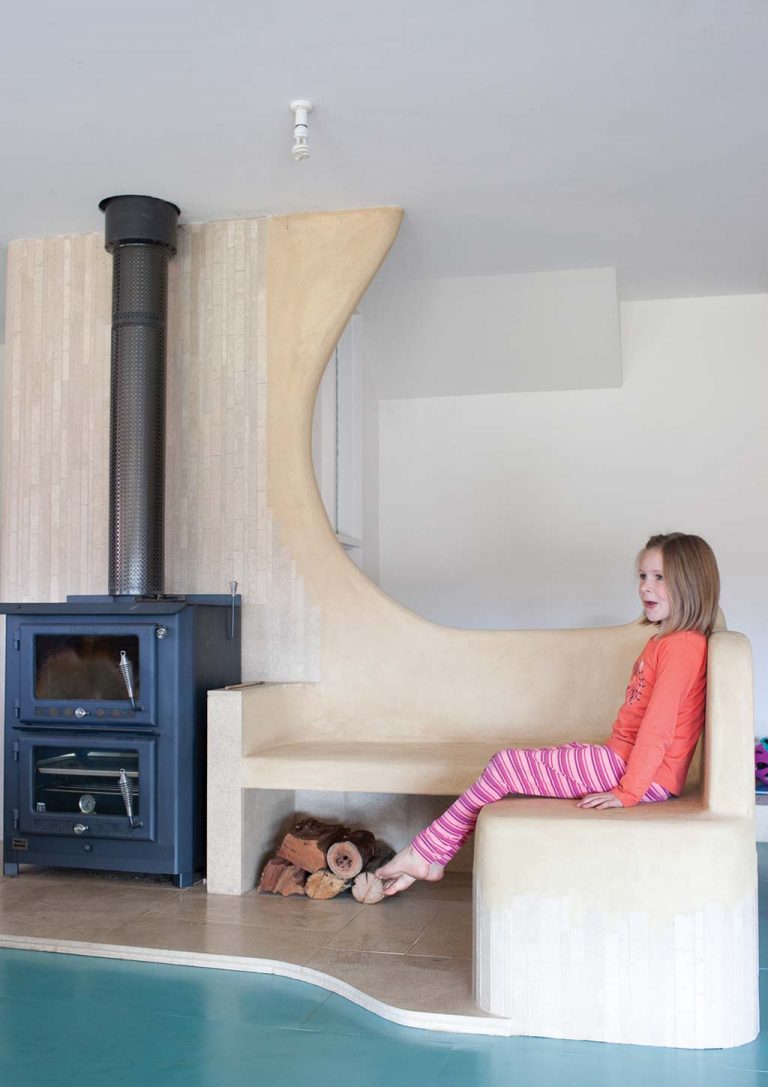

After years being active in co-creating the Bend eco-neighbourhood, it finally was time for Peter Ascot and Serena Kean to build a home on their own block within it. They wanted a beautiful home for their family of five – one that would function well in its design and environmental performance, and live up to the ideals of the place.
Planning & Design
Being located in Bega, far from major cities, Peter and Serena’s original goal of fully recycling a relocated house proved impractical. Instead, they started from scratch, incorporating the requirements of the subdivision right from the planning stage. Considerations included creating an adequate roof area for water collection and integrating a composting toilet within their specific building envelope.
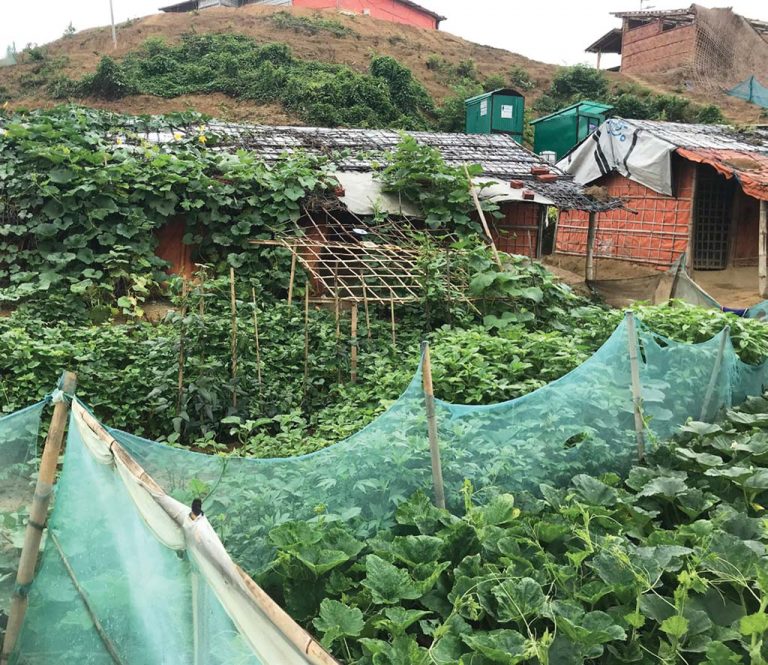

Permaculture for Refugees, formed in 2016 by a group of dedicated permaculture teachers, arose from a deep conviction that permaculture would be desired, valued and effective for refugees in camps and settlements.
Understanding that refugee settlements and camps were often unresponsive to the needs of their residents, a small team from Italy, the Philippines, Greece and Australia embarked on an ambitious program to transform problems into solutions.
Tailored Permaculture Design Courses (PDCs) were designed for refugees across a diverse range of ages, religions, languages and nationalities, residing at sites in Bangladesh, Turkey, Greece and Malaysia. The team hoped to gain evidence that showed the permaculture world had something effective, and of value, to offer refugees, camp managers, INGOs and NGOs. They also wanted to work with host community organisations and embed permaculture into the refugee culture.


Ecovillages, in their myriad forms, are places we can all learn practical skills for regenerative culture, and many thousands of people visit ecovillages each year to learn permaculture and related skills. The Global Ecovillage Network (www.ecovillages.org) has networked thousands of ecovillages and eco-projects around the world and has a growing solutions bank online. You can read about many communities in Ecovillage: 1001 Ways to Heal the Planet (Triarchy Press Ltd 2015), edited by Kosha Joubert.
One of the more established communities profiled is Sirius in Massachusetts. Started in 1978 by former residents of Findhorn, it has ninety acres, fourteen eco-buildings, three acres of permaculture gardens and thirty residents set within a broader eco-neighbourhood of over 150 people. Sirius regularly opens its doors to visitors with workshops, tours, internships, meals, retreats and events.
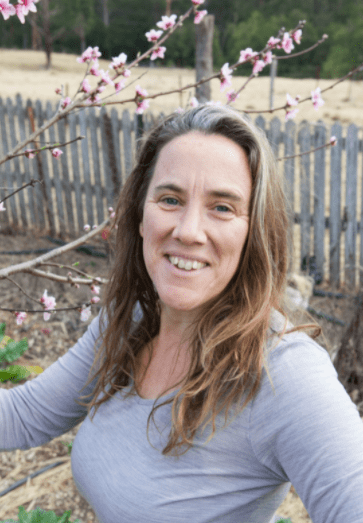

I’m writing this in the spring sunshine enjoying the signs of the garden coming to life. I have roosters, chickens, guinea pigs, birds, bees and a dog for company. I always like to get away from my desk when I write the editorial so I can get some space and reflect on the issue we have created.
In this issue we have brought together a collection of inspiring and informative articles that we hope will be useful on your path to living more lightly on the planet. If you’re reading this, than I assume you probably have some interest in caring for the environment, the planet and all that live on it.
This issue is designed to expand your knowledge and hopefully give you some fresh ideas that you can implement in your lives. We all know the bigger system is pretty stuffed and we can often feel a bit hopeless and helpless in the face of climate change and environmental degradation.